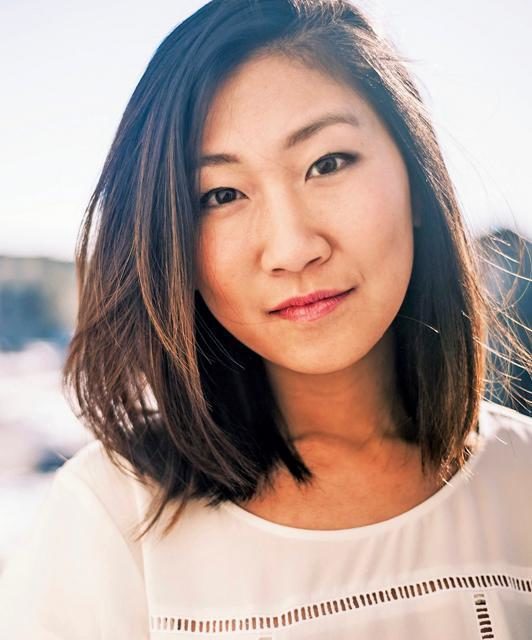Immigration is one of the great American stories. Its opposite–the American expat changed by the world outside–works in many of the same ways.
Lucy Tan’s first novel, What We Were Promised, is a memorable example of both. It follows the Zhen family as its members move from rural China to America to employment in international business. Along the way they become Americanized and have an American child. When the father is sent back to Shanghai as an executive for an international corporation, they find themselves in a world of luxury they never could have imagined in their childhoods.
Tan does two different things in this novel, and she does both brilliantly. First, she observes the lives of the Zhen family members. We learn about the single-mindedness of the father and his business life. The mother has maids and nannies and little to occupy her time except dwelling on the nuances of past loves. And then there is the daughter, just at the end of childhood, uncertain of her place in either America or China. The other main characters are a ne’er-do-well brother and a beautifully drawn servant, who provides the essential contrast to the isolation and wealth of the Zhens. It is through her eyes that we get to see and experience the wonders of contemporary Shanghai.
Tan’s other gift is to present the whole sweep of recent Chinese history from the Cultural Revolution to the current moment, a time of massive change happening in the span of a lifetime. The children’s grandfather, a college professor, was sent to the country for “reeducation” during the Cultural Revolution. He returned a resigned and mostly satisfied worker in a silk factory. His daughter married the son of a sympathetic member of the Communist Party, and they were chosen to leave for an American education. When they return to China they are changed as profoundly as the country. One servant says of them,
“The foreigners are one thing, but these Chinese born … it’s sickening to watch them accumulate their handbags and their fancy cars. To clean up after their parties. They’re not so much younger than us. We’re all Chinese, aren’t we? Our parents all grew up under Mao and Deng Xiaoping together. The entire country was poor–together. They act like they weren’t raised in a place where for most people, breakfast was watered down rice, too thin even to be called porridge.”
Out of this conflict, Lucy Tan has fashioned a novel that is both quiet and fast-paced, both personal and historical.
She reads at Literati Bookstore Wednesday, August 1.
